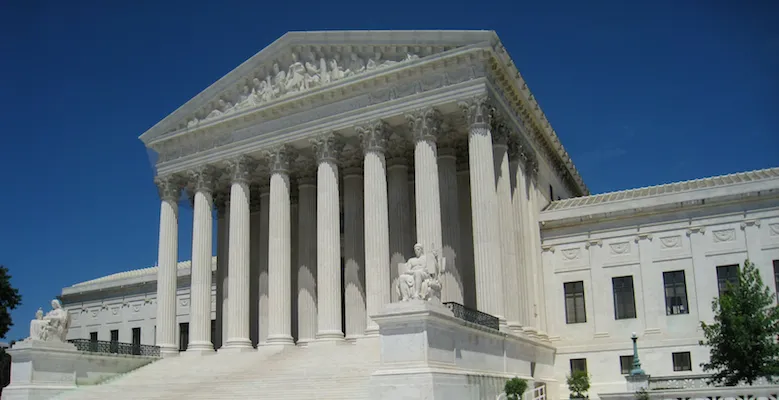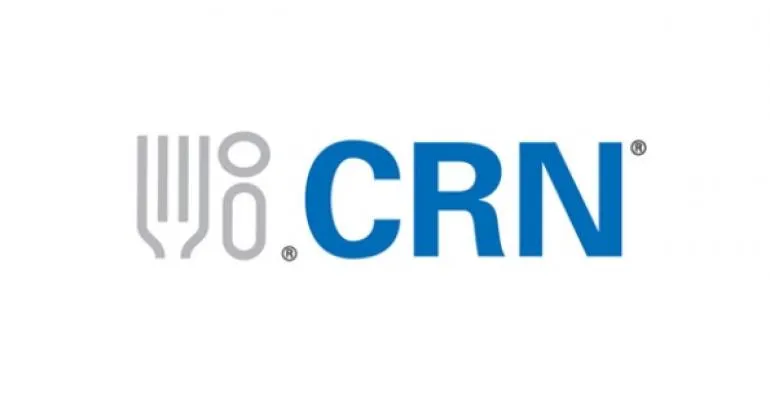WASHINGTON — The U.S. Supreme Court has upheld the Affordable Care Act’s subsidies for health insurance, giving the law its second big win in three years.
The justices ruled 6-3 that the subsidies being received by 8.7 million people to make coverage affordable were not voided by the statute’s wording.
Chief Justice John Roberts again voted with the court’s liberals in support of the law, as did Justice Anthony Kennedy. Roberts provided the key vote in the decision to uphold the law in 2012.
“Congress passed the Affordable Care Act to improve health insurance markets, not to destroy them,” Roberts wrote in the majority opinion. “If at all possible, we must interpret the act in a way that is consistent with the former, and avoids the latter.”
Nationwide, 10.2 million people have signed up for health insurance under the ACA. That number includes the 8.7 million getting an average subsidy of $272 a month to help pay their premiums. Of those receiving the aid, 6.4 million stood to lose it because they reside in states that did not set up their own health insurance exchanges.
The challenge in the case, King v. Burwell, concerned four words — “established by the state” — in the more than 900-page law.
The plaintiffs contended that the statute reserved subsidies for people purchasing insurance on a state exchange. A decision in their favor would have ruled out subsidies in the 34 states that opted against creating their own exchanges and directed residents to the federal HealthCare.gov site.
Roberts said the words at issue must be understood in the spirit of the law. “In this instance,” he wrote, “the context and structure of the act compel us to depart from what would otherwise be the most natural reading of the pertinent statutory phrase.”









